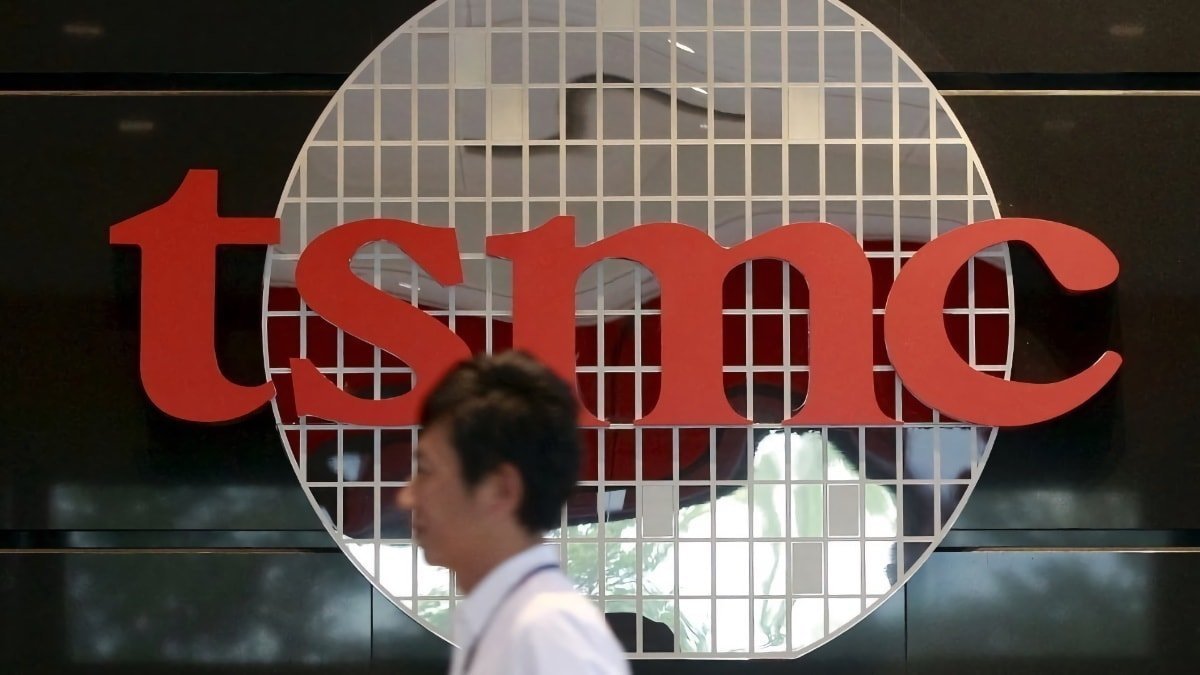China's government has moved forward with restricting exports on certain materials central to chip manufacture — but TSMC does not foresee this will impact production in the short term for Apple devices.
Tensions between the United States and China continue, with the two government bodies going back and forth with specific restrictions impacting businesses on both sides. It's notable enough that major companies like TSMC are considering moving some of its operations to Japan, hoping to avoid some potential blowback.
Now the government has moved a step forward by restricting exports on certain materials that are directly connected to chip manufacturing: germanium and gallium. A recent report from Reuters says the world's largest contract chipmaker, Taiwan Semiconductor Manufacturing Company, does not foresee any direct impact to its production following the Chinese government's decision.
That decision arrived on July 3, and one Chinese trade adviser has said it's "just a start" to what may be coming down the pipe.
In an emailed statement, TSMC said, "After evaluation, we do not expect the export restrictions on raw materials gallium and germanium will have any direct impact on TSMC's production." The company added that it will "continue to monitor the situation" as it unfolds.
The tensions relate in part to trade disputes between the two countries. If those issues worsen, it's possible the Chinese government could double down on export restrictions moving forward, as is suggested by that aforementioned trade adviser.
U.S. Treasury Secretary Janet Yellen is scheduled to visit with the Chinese government soon, and trade talks are on the docket. If these talks go well, it's possible the Chinese government will lift the current restrictions it has in place, but things could go the other way, too.
The report also notes that other companies that rely on access to the restricted materials from China may also avoid any major issues due to the change, as they get the majority of their materials from other sources, like Germany, Japan, and even the U.S.
Even if things get better, or stay the same, rumors have it that Apple's going to up the price tag for its next flagship smartphone, the iPhone 15 Pro Max. That handset is expected to arrive in the fall of 2023.
 Evan Selleck
Evan Selleck







-m.jpg)






 Marko Zivkovic
Marko Zivkovic
 Christine McKee
Christine McKee
 Andrew Orr
Andrew Orr
 Andrew O'Hara
Andrew O'Hara
 William Gallagher
William Gallagher

 Mike Wuerthele
Mike Wuerthele
 Bon Adamson
Bon Adamson


-m.jpg)



8 Comments
China doesn’t have a monopoly in dirt and rocks. The only reason China dominates the market for some not-all-that-rare minerals is their willingness to use slave labor and trash the environment. I bet we will discover that dirt and rocks can be processed in other countries by machines run by humans who are paid a decent wage. It will be more expensive, but not too much more. Maybe an extra $10 on the price of an iPhone (at most).
This is a tit-for-tat move to disrupt certain processes. It has been called the first of many.
They know these products can be sourced elsewhere but it will take time and money.
It's all part of reducing strategic dependencies but that should not be achieved the way some are currently going about it.
The ban doesn't come into effect for a few weeks and some industries maintain a limited stockpile of strategic elements. Others, less so, but the aim is disruption.